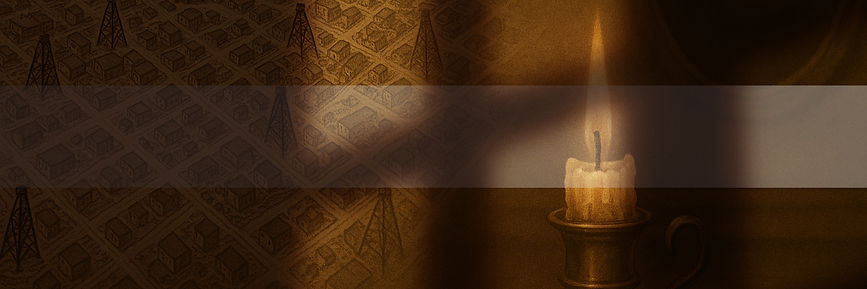
KENDRA LISUM
author of stories that stick with you long after the book is done
A Place in the Cosmos
Kendra Lisum
There once was a young planet on the outskirts of a great galaxy. It did not have an orbit. It sat unmoving, watching the other planets circle the Great Star.
“Come play with us!” the other planets would call out as they passed.
“I cannot,” the young planet said. “For I am stuck here without an orbit.”
“Perhaps now?” they’d call on their way by.
“I cannot,” the young planet answered. “I am not like you.” Sadness rose up, strong and sour, but as the eons passed, the sadness turned to bitterness, and then solidified into resentment, which grew into hate.
Now when the other planets would orbit nearby, the young planet would scream: “Leave me alone! I cannot play with you! Get out of here!”
At long last, a wise old planet drifted near on its timeless ellipse.
"Young one, why so glum? Is not the warmth of the Great Star felt even here?”
“I do not have an orbit,” the young planet answered.
“That is true,” the wise old planet said.
“All the other planets have orbits but I do not.”
“That, too, is true.”
The young planet glowered. “If that is all you have to say, old planet, move along.”
The wise old planet surveyed the young planet. “You are not as alone as you think you are, young planet.”
“Then why do I not orbit?”
“We all choose our path.”
“I did not choose to be orbit-less.”
“Perhaps not,” the wise old planet said, “But you have chosen your isolation.”
“The others have orbits and paths and places to go,” the young planet complained. “I have none of that.”
The wise old planet was silent for a long time, then it said, “What are you made of, young planet?”
“Space dust and rock.”
“And what are the planets who orbit made of?”
The young planet sighed. “Space dust and rock.”
“So you are not so different after all.”
“But I cannot orbit,” the young planet protested. “I am stuck here.”
“Ah,” the wise old planet said, “That is true. But have you ever considered what would happen if you were not here, in this lonely spec of space?”
The young planet had not and told the wise old planet as much.
“Watch,” was all the wise planet said, and carried on its way.
The young planet did not want to watch, but what else was it to do, being alone and motionless?
And so the young planet paid attention as the other planets drew near and then away again, dragged along by their invisible purpose. It watched the ceaseless motion, the endless cycles. And the young planet grew bored.
In its boredom, the young planet shifted. It felt a slight pull–a subtle, unmistakable tug that had been there all along, unnoticed. The other planets, sensing this change, altered their paths in response. A ripple of adjustment spread through the galaxy.
The young planet hesitated, then shifted again. And once again, the other planets matched its movement.
Slowly, the young planet realized its influence.
When the other planets orbited close, the young planet, full of excitement, welcomed them with cries of “Come closer! Watch!” And it would perform its shift, and the other planets would respond in kind as they cheered the young planet.
The young planet no longer felt the pang of isolation for it had realized its purpose. And when the wise old planet once again reappeared, the young planet said, “Old planet, I see now your wisdom. Although I am motionless, my place in the cosmos is as pivotal as any of yours!”
The wise old planet smiled and carried on its way.
Over time, the young planet became a beacon, a fixed point for other celestial beings to rely on—steady, unchanging, and strong. Because it knew that every planet, no matter how seemingly insignificant or immobile, holds more power and purpose than it knows.